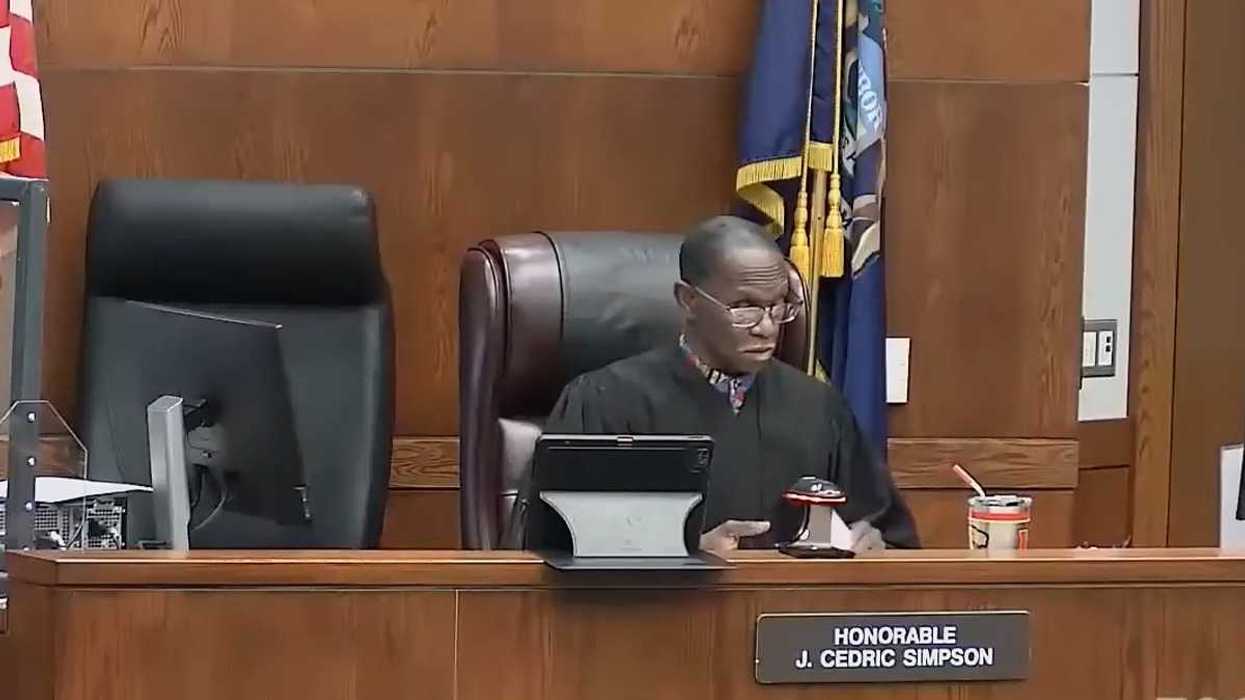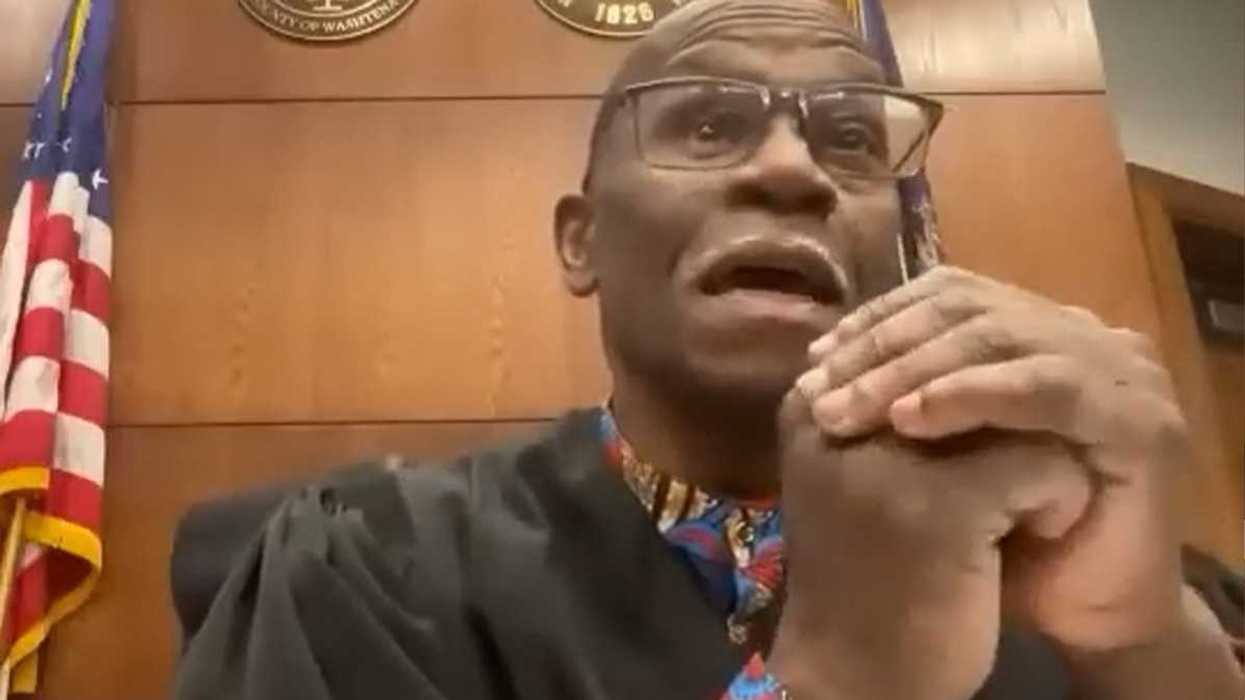Serena Williams has proven time and time again that she’s not easily rattled. The 36-year-old tennis legend has served as the picture of toughness and focus in her career that has amassed 39 Grand Slam titles.
But like so many other accomplished individuals, she’s been flummoxed in her early experiences as a new parent. Not too proud to crowdsource some assistance from other parents, she posted to Instagram in December looking for tips to help with her child’s teething pains.
On Jan. 20, Serena took to Twitter to reveal what she’s calling the biggest challenge in a life full of challenges. It doesn’t take place on a tennis court, and it’s something most new parents can probably relate to.
Naturally, Serena’s fans were quick to offer responses as lighthearted as her “complaint” was.
Some replied that the biggest challenges are yet to come.
Even the U.S. Tennis Association got in on the chorus of responses, likening their operation to a rigorous match in the Australian summer.
Something tells me it takes more than some indecision over a stroller to derail Serena Williams, but it’s nice to be reminded she’s not immune to many of the problems that far less famous parents face.
















 Winter weather.
Winter weather. 
 Honorable J. Cedric Simpson at work in the courtroom.Image from
Honorable J. Cedric Simpson at work in the courtroom.Image from  A close up of Judge Simpson.Image from
A close up of Judge Simpson.Image from 
 Siblings engaging in a pillow fightCanva
Siblings engaging in a pillow fightCanva


 Revenge can feel easier than forgiveness, which often brings sadness or anxiety.
Revenge can feel easier than forgiveness, which often brings sadness or anxiety. 
 In the past two years, two malaria vaccines have become available for babies starting at 5 months of age.
In the past two years, two malaria vaccines have become available for babies starting at 5 months of age. By exploiting vulnerabilities in the malaria parasite’s defense system, researchers hope to develop a treatment that blocks the parasite from entering cells.
By exploiting vulnerabilities in the malaria parasite’s defense system, researchers hope to develop a treatment that blocks the parasite from entering cells. Created with
Created with 
 Created with
Created with  Where to turn off autoplay in your account on Facebook’s website.Screen capture by The Conversation,
Where to turn off autoplay in your account on Facebook’s website.Screen capture by The Conversation,